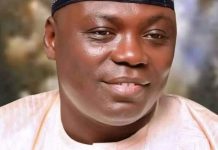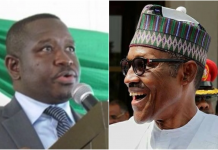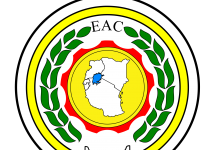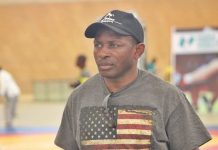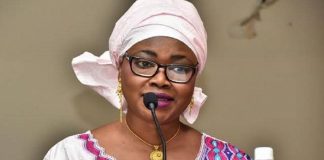Opposition politicians in South Africa say the lack of resources to implement President Jacob Zuma’s free education plan should not be an excuse to deny the poor access to higher education. The EFF leader, Julius Malema, led the vanguard of the agitation in Pretoria, this week.
Speaking to supporters of his party last Tuesday, Malema warned that denying the poor access to education would be a declaration that the gates of all universities should be locked. He said that the lack of capacity by the universities to accommodate thousands of aspiring students was “none of the business of the common man”.
In Malema’s words, “If you cannot take the poor into the university because of infrastructure… no one must go in. It is not for politics”.
President Zuma made the announcement for fee-free education on December 16, last year, just hours before the start of the ANC’s elective conference. He announced that students from households who had a joint income less than R350 000 per annum would receive government grants and not loans. “Government will now introduce fully subsidised free higher education and training for poor and working-class South African undergraduate students, starting in 2018 with students in their first year of study at our public universities,” President Zuma said in a statement at the time.
But the announcement was at odds with the Heher Commission into the Feasibility of Fee-Free Higher Education and Training, which found that South Africa currently does not have the capacity for free tertiary education for all students. Malema accused President Zuma of taking aspiring students for “fools” by making the announcement in December, after registration had already closed.
Malema demanded that universities re-open their doors so that disadvantaged students can gain access to education. “You are going to re-open registration. Don’t tell me that there is no infrastructure, it’s not my problem. How do you announce free education while knowing that you don’t have infrastructure? “Lack of infrastructure should never stop our people from registering at the universities,” said Malema. He argued that the President’s announcement was a good opportunity for a majority of impoverished families.
Asked whether he foresaw any problems with filling universities beyond capacity, Malema said that eventuality would force government to act. “It’s a nice problem to have. Why do we avoid a nice problem? Let’s have more students, then [it] will force government to build more infrastructure much quicker.”
He also insisted that free education was non-negotiable, as it was the ammunition needed to fight white monopoly capital. According to Malema, it was only through education that cheap labour and high dependency on grants would be eliminated.
Thousands of aspiring students are currently queuing at institutions of higher learning, including in Limpopo’s University of Venda and University of Limpopo.







